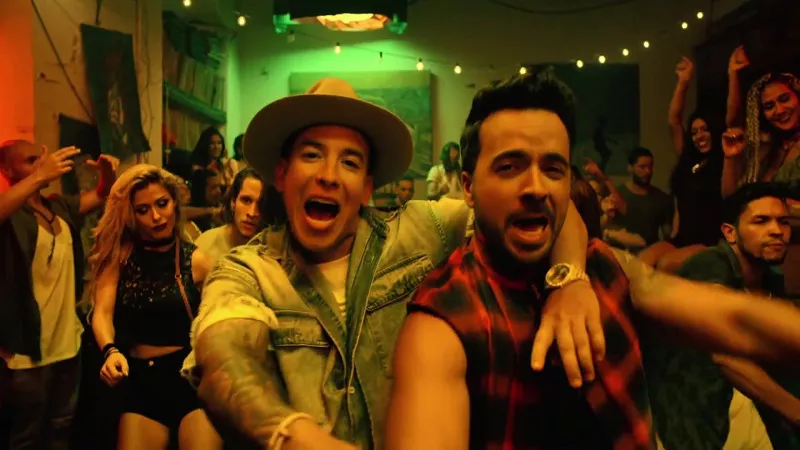Rap music, since its emergence in the 1970s, has profoundly influenced not only the music industry but also culture, fashion, language, and social issues. Imagining a world without rap music is like envisioning a drastically different cultural landscape. This article explores the hypothetical scenario of rap music never existing, examining its potential impact on various facets of society.
I. The Evolution of Music Without Rap
The Genre Gap
Without rap music, there would be a significant gap in the musical landscape. Rap’s innovative use of rhythm, rhyme, and lyrical expression introduced a new dimension to music. This absence would likely slow the evolution of music genres that were directly influenced by rap, such as hip-hop, trap, and grime.
Influence on Other Genres
Rap has permeated various genres, from pop to rock, and even country. Artists like Run-D.M.C. collaborated with Aerosmith, blending rock and rap in ways that revolutionized both genres. Without rap, such cross-genre collaborations might be rare, leading to a more segmented music industry.
II. Cultural and Social Impact
Language and Slang
Rap music has had a substantial impact on language, contributing slang and phrases that have entered everyday vernacular. Without rap, popular culture would lack expressions like “bling,” “dope,” and “YOLO,” which originated from rap lyrics. The dynamic and evolving nature of language would miss the creative input of rap artists.
Fashion Trends
Rap has also played a crucial role in shaping fashion. Iconic styles, such as baggy jeans, oversized shirts, and high-top sneakers, emerged from rap culture. Without rap, fashion trends would have taken a different path, potentially delaying or altogether preventing the rise of streetwear as a dominant fashion movement.
III. Social Commentary and Activism
Voice for the Marginalized
Rap has often served as a powerful voice for marginalized communities, addressing social issues like racism, poverty, and police brutality. Without rap, these communities would lose a significant platform for expression and activism. Movements like Black Lives Matter, which have been strongly supported by rap artists, might not have had the same level of visibility and influence.
Alternative Forms of Expression
In the absence of rap, marginalized communities might have found other forms of artistic expression to voice their struggles. Poetry, spoken word, and other music genres could have become more prominent platforms for social commentary, but none would offer the unique combination of rhythm and verbal prowess that rap provides.
IV. Economic Impact
Industry Profits
Rap music is a multi-billion-dollar industry. From album sales to concerts and merchandise, rap generates substantial revenue. Without rap, the music industry’s financial landscape would be significantly different, potentially impacting the overall economy. Record labels, producers, and artists would miss out on a major source of income.
Job Creation
The rap industry also creates jobs for producers, sound engineers, managers, and promoters. The absence of rap would mean fewer opportunities in these fields, affecting employment rates in the entertainment sector.
V. Technological Advancements
Music Production
Rap music has driven innovation in music production techniques, particularly in beat-making and sampling. Without rap, advancements in these areas might be less rapid, impacting the evolution of music production technology.
Digital Platforms
Rap has thrived on digital platforms like YouTube, Spotify, and SoundCloud, often driving the popularity of these services. Without rap, these platforms might have developed differently, potentially affecting the way music is distributed and consumed.
VI. Global Influence
International Rap Scenes
Rap music has a global reach, influencing music scenes in countries worldwide. From French rap to K-pop, the global music industry would look very different without the impact of American rap. The cultural exchange facilitated by rap music would be less pronounced, leading to more insular music scenes.
Cultural Diplomacy
Rap music often serves as a form of cultural diplomacy, bridging gaps between different cultures. Without rap, there would be fewer opportunities for cultural exchange and understanding, potentially leading to a less interconnected global community.
VII. Personal and Artistic Expression
Creativity and Innovation
Rap music has encouraged creativity and innovation, allowing artists to experiment with lyrics, rhythms, and beats. Without rap, the music industry might be less diverse in terms of artistic expression, potentially stifling the creative growth of musicians.
Representation
Rap has provided a platform for diverse voices, representing a wide range of experiences and backgrounds. Without rap, the music industry would lack this rich tapestry of stories and perspectives, making it less inclusive and representative of society as a whole.
See Also: What Is a Good Rap Song for Your Crush?
Conclusion
The absence of rap music would create a void in the cultural, social, and economic fabric of society. From slowing the evolution of music genres to limiting platforms for social commentary, the world would be markedly different without the influence of rap. While other forms of expression and innovation might emerge to fill some of these gaps, they would lack the unique impact and resonance that rap has brought to the world. The hypothetical scenario of a world without rap underscores the genre’s profound and far-reaching influence, highlighting its significance beyond just music.

